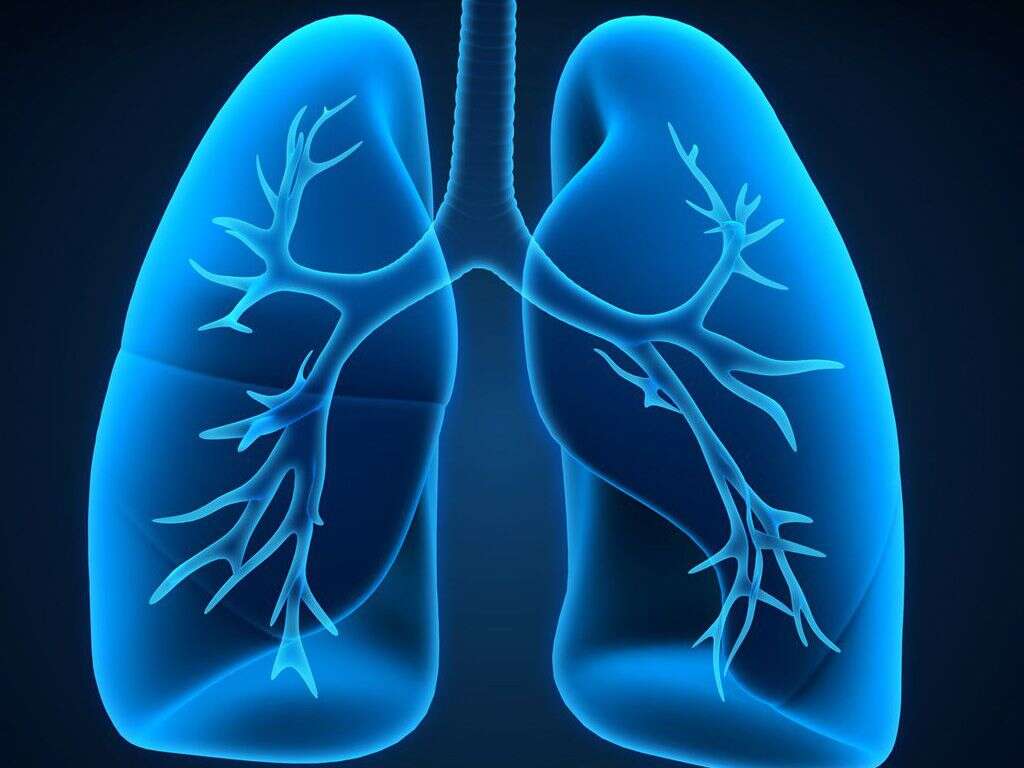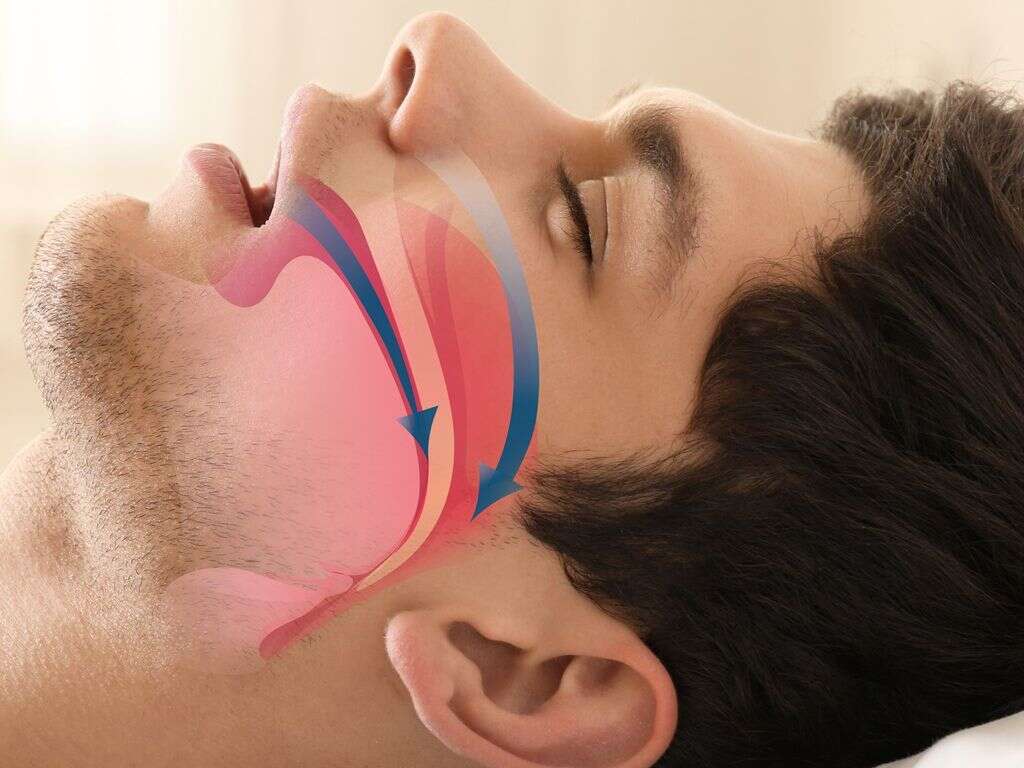What Is Pickwickian Syndrome?
Advertisement
When you breathe in, air fills the air sacs in the lungs known as alveoli. Oxygen from the air is then absorbed through the walls of the alveoli and is transported through the bloodstream to all parts of the body. The same network of blood vessels also transports carbon dioxide from the body, through the lungs when you breathe out. This is the normal gas exchange process that ensures that your body gets enough oxygen and gets rid of carbon dioxide.
However, for a person with Pickwickian syndrome, this process does not run as it should. Also called obesity hypoventilation syndrome or OHS, Pickwickian syndrome is a blood condition that occurs as a result of inadequate oxygen in blood and elevated carbon dioxide levels in the bloodstream. The condition develops over a long time and can lead to permanent changes in the body.
Advertisement
1. Symptoms of Pickwickian Syndrome
Pickwickian syndrome is associated mainly with hypoxia or low oxygen level in blood. While sleeping, your breathing can stop for minutes or be too shallow. Other common OHS symptoms include feeling like you are out of breath, decreased level of energy, chronic fatigue, and feeling sleepy throughout the day. You may also experience headaches in the morning due to low oxygen and high carbon dioxide levels in blood. Other symptoms such as cyanosis, which is bluish discoloration of skin especially on the toes, fingers, and legs, as well as mucous membranes may also be observed. The chronic fatigue produces a general loss of interest, chronic sadness, suicidal thoughts, and other depression symptoms.
Advertisement

Advertisement







